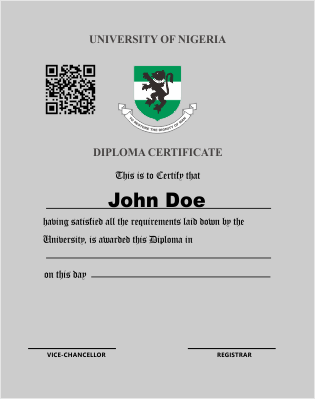Offshore Health, Safety & Environment
HomeCoursesOffshore Health, Safety & Environment
About this Course
Offshore oil and gas production is associated with health safety and environmental risks, and of special public concern is oil spills from drilling and production operations, oil tankers or pipelines transporting oil from the platform to onshore facilities, and from leaks and accidents on the platform.Also, Produced water is generated, which is water, brought to the surface along with the oil and gas; it is usually highly saline and may include dissolved or unseparated hydrocarbons.
Potential environmental issues associated with offshore oil and gas development projects include air emissions, wastewater discharges, solid and liquid waste management, noise generation (including underwater), spills, energy efficiency and resource conservation, environmental conditions at the offshore location e.g., seismicity, extreme wind, hurricanes, tornadoes, tsunamis and wave events, currents, and ice formations, whichcan complicate issues and endanger lives and equipment.Well blowout, i.e., loss of well control, can be caused by the uncontrolled flow of reservoir fluids into the wellbore and may result in an uncontrolled release of formation fluids and gases into the environment. Blowout can occur during drilling and work-over phases (where it is of particular concern) or during production phases.
Other risks include potential ship collisions,injuries, explosions, fire, extreme cold, drowning and other types of accidents are just a few of the safety issues to be encountered offshore.
According Dr Arthur Stewart, a knowledge exchange officer at Robert Gordon University’s Institute of Health and Wellbeing Research:
“We are dealing with a much greater risk of ill-health offshore nowadays than an accident offshore, certainly in terms of medical evacuations…The burgeoning disease burden that we have to work with is a combination of the interaction of inactivity and weight gain as well as some genetic antecedents,”
The five major classes of health hazards in offshore oil and gas industry are:musculoskeletal disorders (manual handling, ergonomics), hazardous substances, physical hazards (noise, vibration, asbestos and radiation), biological hazards (food/water hygiene) and psychosocial hazards (stress). A systematic approach to managing these HSE risks associated with work activities in the offshore industry will be dealt with in this module.
The World Bank’s IFC Environmental, Health, and Safety Guidelines for Offshore Oil and Gas Development technical reference document with general and industry-specific examples of Good International Industry Practice, which include information relevant to seismic exploration, exploratory and production drilling, development and production activities, offshore pipeline operations, offshore transportation, tanker loading and unloading, ancillary and support operations, and decommissioning will be reviewed as part of student’s course material.
Course Objectives:
On completion of this course, students will be acquainted with the following.
- Introduction to Offshore support vessels
- Familiarization after arrival on an offshore platform
- International and national laws and regulations
- Safety Awareness
- Offshore hazards
- Personal and occupational risk
- Personal protective equipment PPE
- Permit to work system
- Personal responsibility for safety
- Abandonment and survival techniques
- Life boats
- Liferafts
- Personal survival equipment
- Location equipment
- Radio communication
- Pyro technical distress signals
- Visual and audible distress signals
- Search and Rescue (SAR)
- SAR or ganisation
- Helicopter Safety and HUET
- Helicopter Safety
- Helicopter emergency procedures
- Personal safety equipment
- Helicopter emergency landings
- First aid and hypothermia
- First aid in case of accidents
- Hypothermia
- Fire-fighting and breathing protection
- Fire fighting on offshore platforms
- Fire prevention
- Breathing protection
- The World Bank’s IFC Environmental, Health, and Safety Guidelines for Offshore Oil and Gas Development.
- And lots more.
| Course Code | UNN/OC/0038 | |
| Course Start Date | Started | |
| Course Duration | 2 Months | |
| Dedication | 4 Hours per week | |
| Number of Modules | 14 | |
| Level | Level 3 | |
| School offering course | UNN Online School of Oil and Gas | |
| Language | English | |
| Video/Audio Media | None | |
| ₦ | Course Fee | 350000.00 |
Diploma Certificate

The highly prestigious University of Nigeria Diploma certificate is awarded to you on successful completion of a course or program. The certificate gives you an edge by improving your market value and employability in top level organizations.
Associated Programs
Pages: 1
UNN Online Program
Offshore Operations (Drilling and Production)
This program teaches the unique offshore environment, complex technology and equipment as well as safety and environmental challenges that must be undertaken and overcome in deep water exploration, production, processing and transportation.
Program Courses: 8
Course Prerequisites / Requirements
Graduates of Universities are eligible to register for Post Graduate Diploma programs, and complete/pass all the modules. NCE and HND holders with a minimum of 3 years working experience, especially in the petroleum industry will be considered. WAEC holders or equivalent, can enroll and do as many individual modules as they wish.


